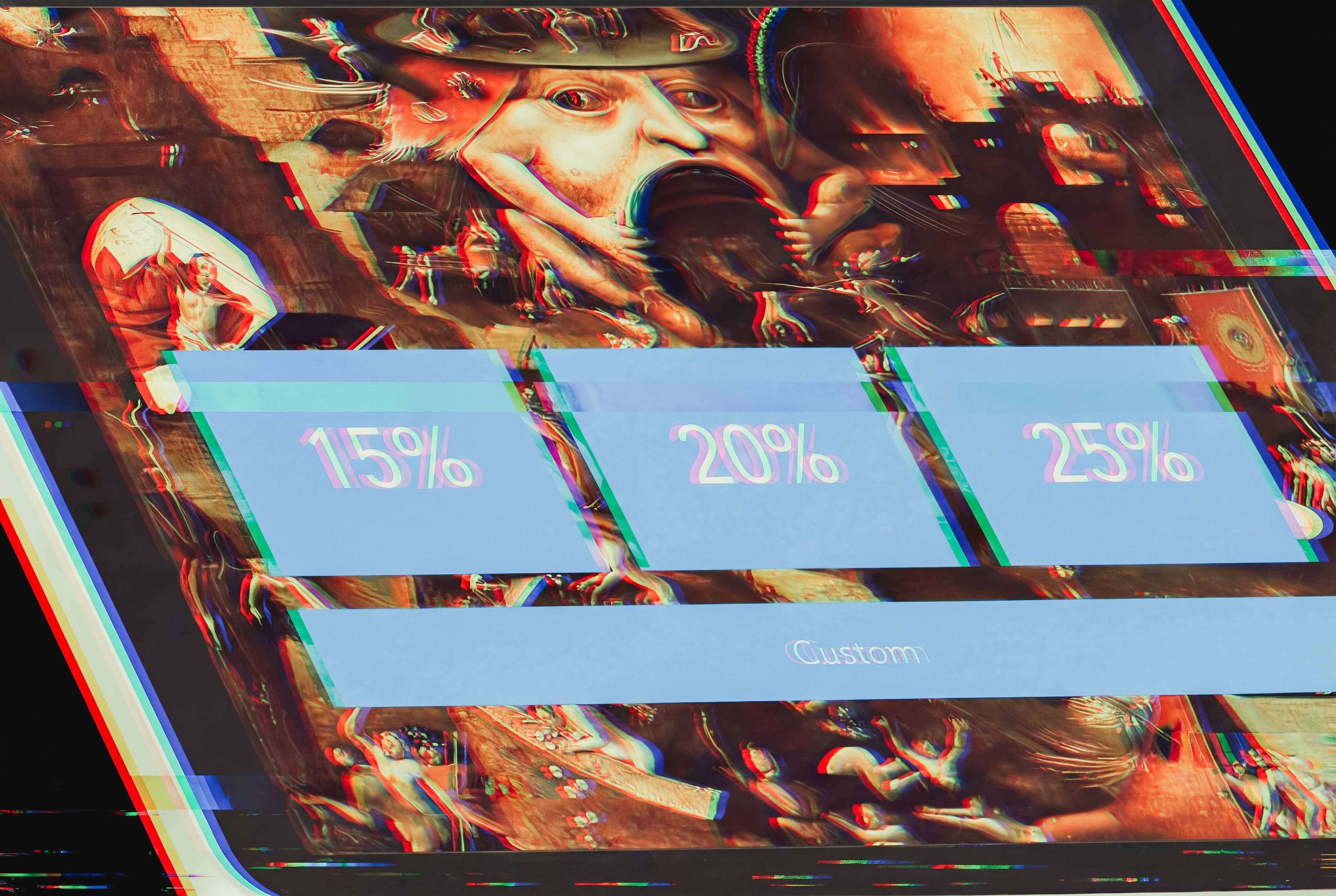
Exodus: The Largest Wealth Flight in California History Jan 23
I spoke with 21 billionaires about california’s unprecedented asset seizure ballot proposition. here: their plans to leave, their efforts to fight back, and the future of tech in california
188 Likes
44 Comments


